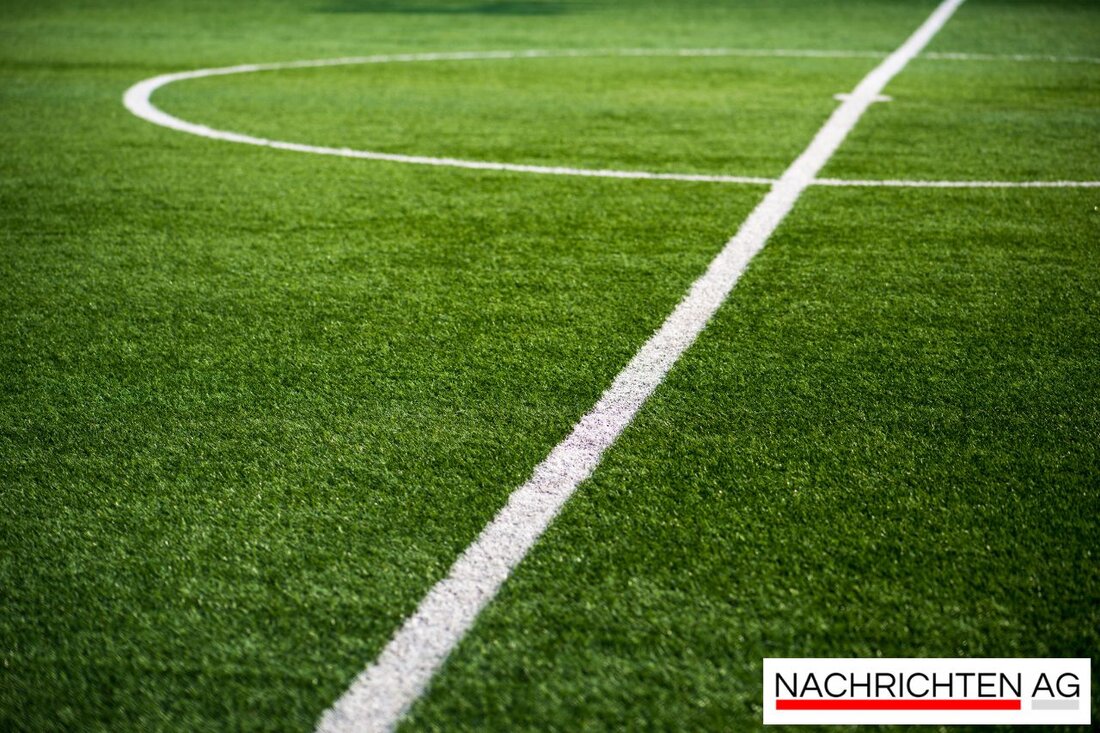Seagull attack on artificial turf: Dynamo Dresden in a feeding frenzy!
In Dresden, over 70 black-headed gulls are causing a stir by pecking at artificial turf in the Dynamo Dresden training center.

Seagull attack on artificial turf: Dynamo Dresden in a feeding frenzy!
In the last few days, a strange spectacle has taken place at the Dynamo Dresden training center: over 70 laughing seagulls have sat down on the artificial turf to peck at the granules, which they apparently think are food. According to a reporter from the Picture The birds are not just shy creatures - they are extremely inventive in their search for food, as qualified biologist René Sievert from NABU Saxony explains. Normally parks and gardens are their favorite playground, but now Dynamo's training ground has caught their attention.
The black-headed gulls come from the nearby Elbe, where they breed, and could be attracted by the plastic smell of the artificial turf. Where ravens were usually spotted, these lively guests are damaging the training center because they mistake the granules for food. “The behavior of the seagulls is rather unusual and not an everyday phenomenon,” says Sievert, pointing out that the players at the training center have already made jokes about the special guest from Hansa Rostock.
Microplastics and their consequences
The pecking behavior of seagulls is not without consequences - microplastics are harmful to the health of the birds and their offspring in the long term. The NABU expert points out that the plastic granulate is not only an attractive but also a risky object to eat. The mere fact that these granules can attract environmental toxins makes the situation worrying. Loud CONVENTION Pollutants that accumulate on the surface of microplastics can be concentrated millions of times over, which has serious consequences for the organisms living there, such as fish and birds.
The potential consequences are as varied as the species affected by microplastics - from internal injuries to permanent damage to health. This not only affects the seagulls in the training center, but also extends throughout the entire food chain. The issue even impacts our waterways and wildlife, which are affected by these pollutants.
Measures and outlook
Nevertheless, the club has decided not to take any countermeasures for the time being, as they consider the effects to be negligible. The granules are refilled once a year, and from 2031 a ban on plastic granules will come into force due to an EU regulation. Alternatives such as granules made from cork or crushed olive stones are already being discussed to protect the environment and the health of birds.
In the meantime, it remains to be seen how the situation with the happy seagulls develops. Maybe the club will actually have a good hand at finding sustainable filling materials to protect the bird population and nature, while at the same time being able to smile at this unexpected crowd of visitors.

 Suche
Suche
 Mein Konto
Mein Konto